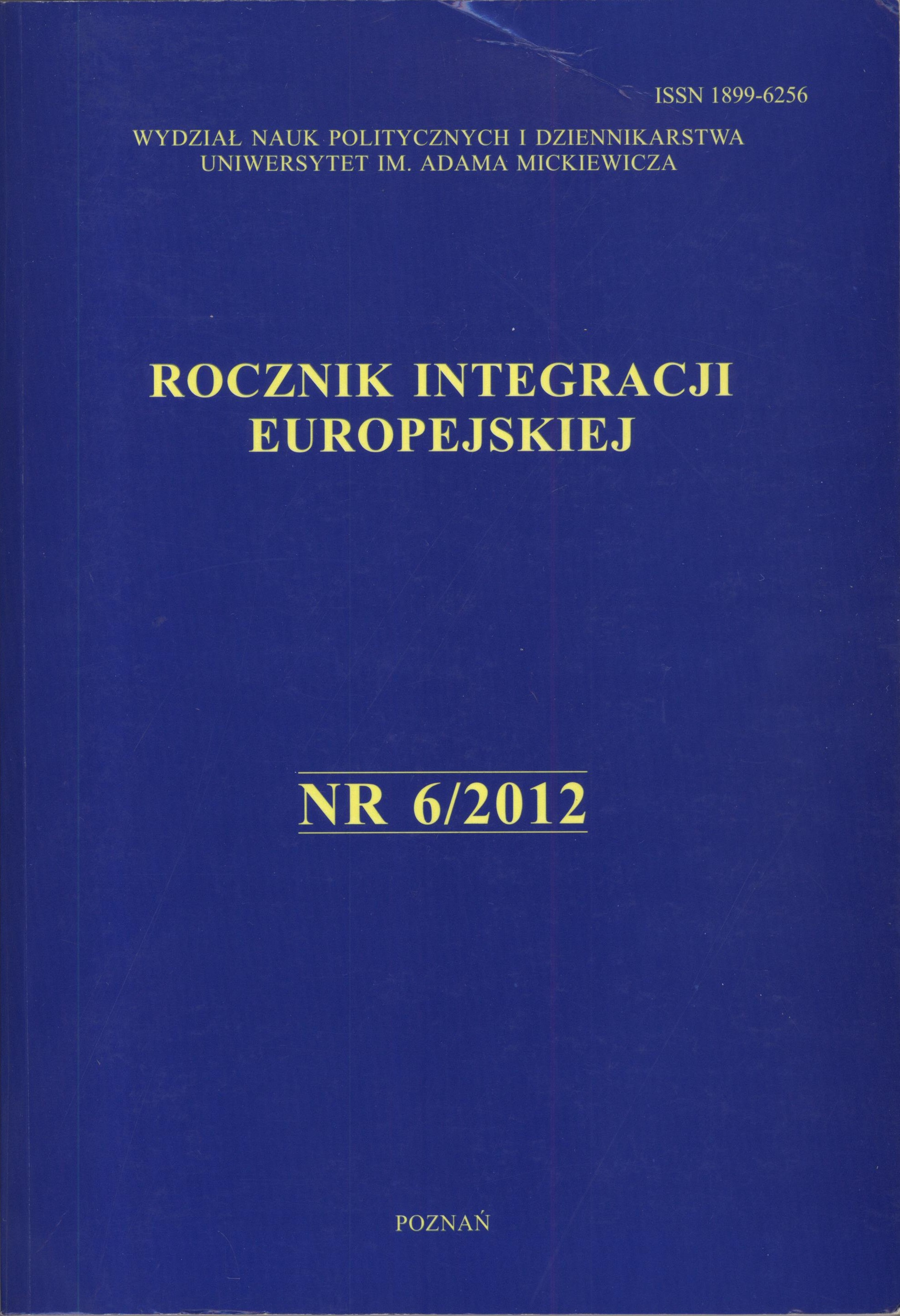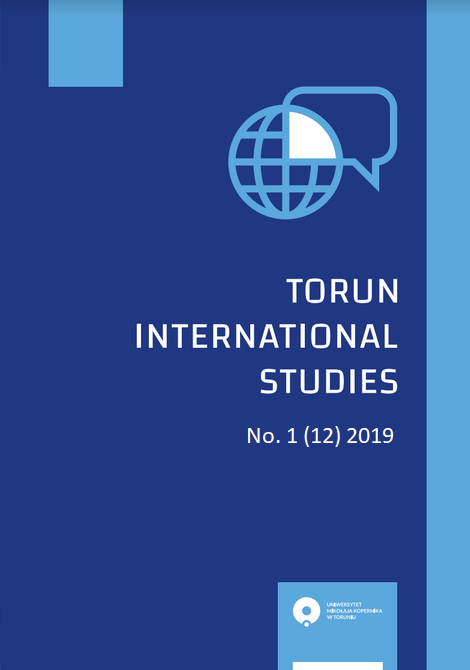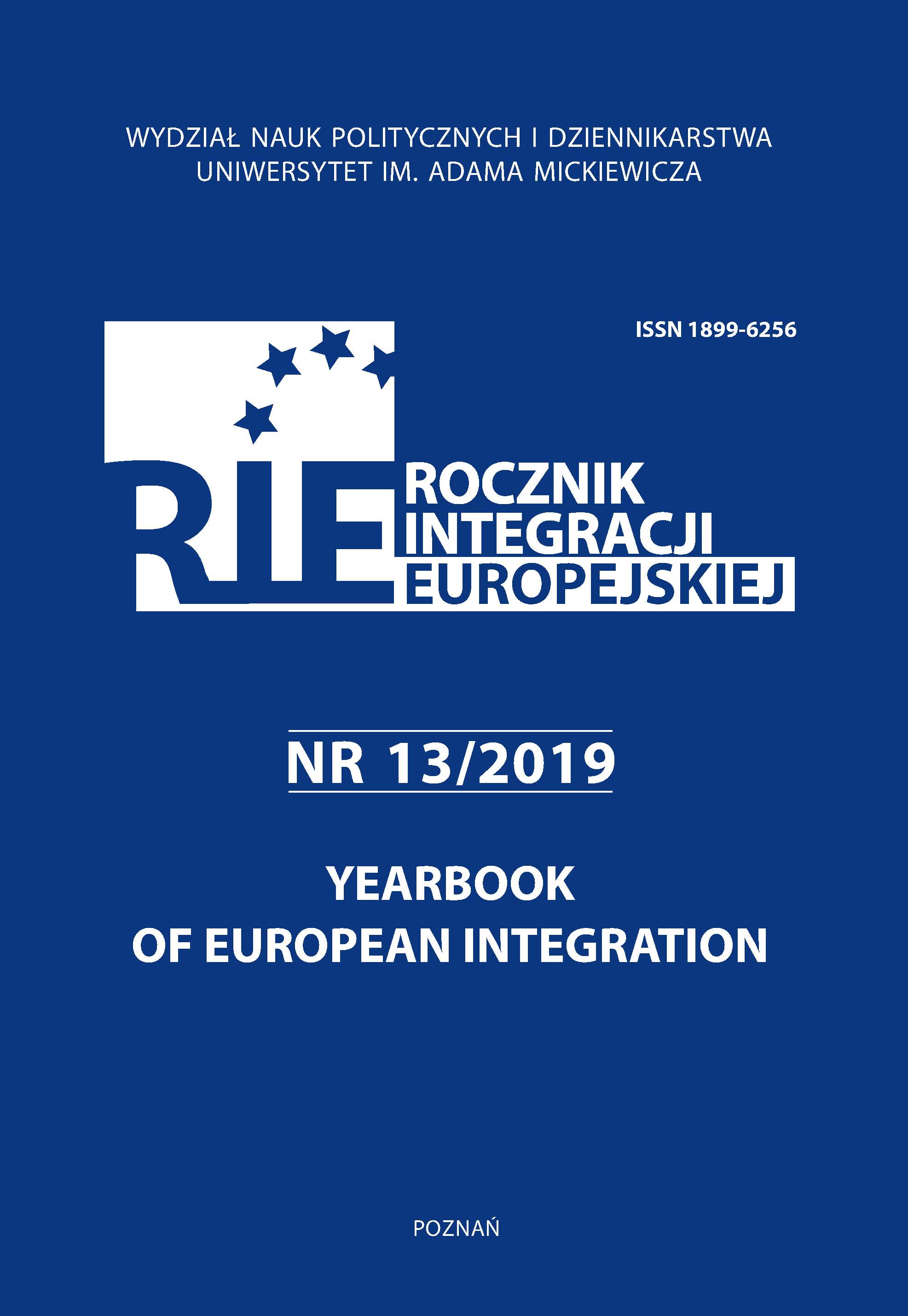
Die Eurokrise und ihre strategischen Folgen für Europa
The author claims that the eurozone crisis has generated the most difficult situation European integration has faced since the 1950s. The crisis will hinder the enlargement of the European Union with new members and the process of EU democratization. The role of Germany in the EU has been excessively increased, and Berlin will take advantage of this, persuading other partners to adopt German solutions in terms of recovery from the crisis. With the exception of the left-wing party (Die Linke), the remaining German political parties support the government’s point of view. The eurozone crisis has resulted in the global deterioration of the EU’s image, contributing to a decline in its importance and impact.
More...

